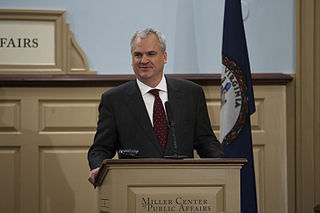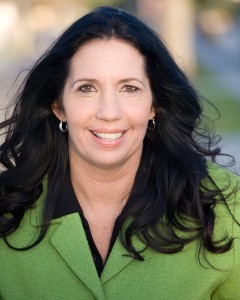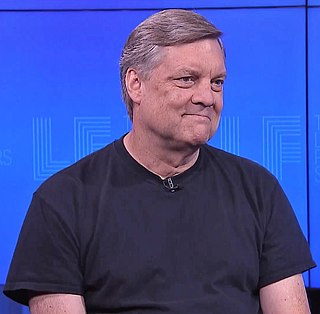A Quote by Ellen Goodman
It is not that fathers are better or worse, not that they are more loved or criticized, but rather that they are viewed with far less intensity. There is no Philip Roth or Woody Allen or Nancy Friday who writes about fathers with a runaway excess of humor, horror ... feeling. Most of us let our fathers off the hook.
Related Quotes
When white Americans frankly peel back the layers of our commingled pasts, we are all marked by it. Whether a company or an individual, we are marred either by our connections to the specific crimes and injuries of our fathers and their fathers. Or we are tainted by the failures of our fathers to fulfill our national credos when their courage was most needed. We are formed in molds twisted by the gifts we received at the expense of others. It is not our “fault.” But it is undeniably our inheritance.
Most of us have felt barriers between ourselves and our fathers and had thought that going it alone was part of what it meant to be a man. We tried to get close to our children when we became fathers, and yet the business of practicing masculinity kept getting in the way. We men have begun to talk about that.
Fathers are still considered the most important "doers" in our culture, and in most families they are that. Girls see them as thefamily authorities on careers, and so fathers' encouragement and counsel is important to them. When fathers don't take their daughters' achievements and plans seriously, girls sometimes have trouble taking themselves seriously.
I think that my experience as a single mom getting into relationships in an impoverished district with men that don't have options resonates with people. I don't get into the deadbeat dad thing. I don't think men innately decide to be irresponsible fathers. I think there's a backstory. They're given really bad choices. It's less deadbeat dads and more unemployed fathers, and some fathers decide to sedate and give up.
I'm not saying that all women are blameless - all women are not. There are women with despicable characters who are cruel and terrible and some of them are mothers. But why do we blame our mothers more than our fathers? We let our fathers get away scot-free. We hardly even knew who they were in many cases, given the way this culture raises kids, and they may have been quite cruel. They may even have raped us as children, but even if they raped us, we will blame our mothers for not protecting us instead of blaming our fathers who actually did it.
The Constitution of our country [was] formed by the Fathers of liberty... Exalt the standard of Democracy! Down with that of priestcraft, and let all the people say Amen! that the blood of our fathers may not cry from the ground against us. Sacred is the memory of that blood which bought for us our liberty.
Defining and celebrating the New Father are by far the most popular ideas in our contemporary discourse on fatherhood. Father as close and nurturing, not distant and authoritarian. Fatherhood as more than bread winning. Fatherhood as new-and-improved masculinity. Fathers unafraid of feelings. Fathers without sexism. Fatherhood as fifty-fifty parenthood, undistorted by arbitrary gender divisions or stifling social roles.































